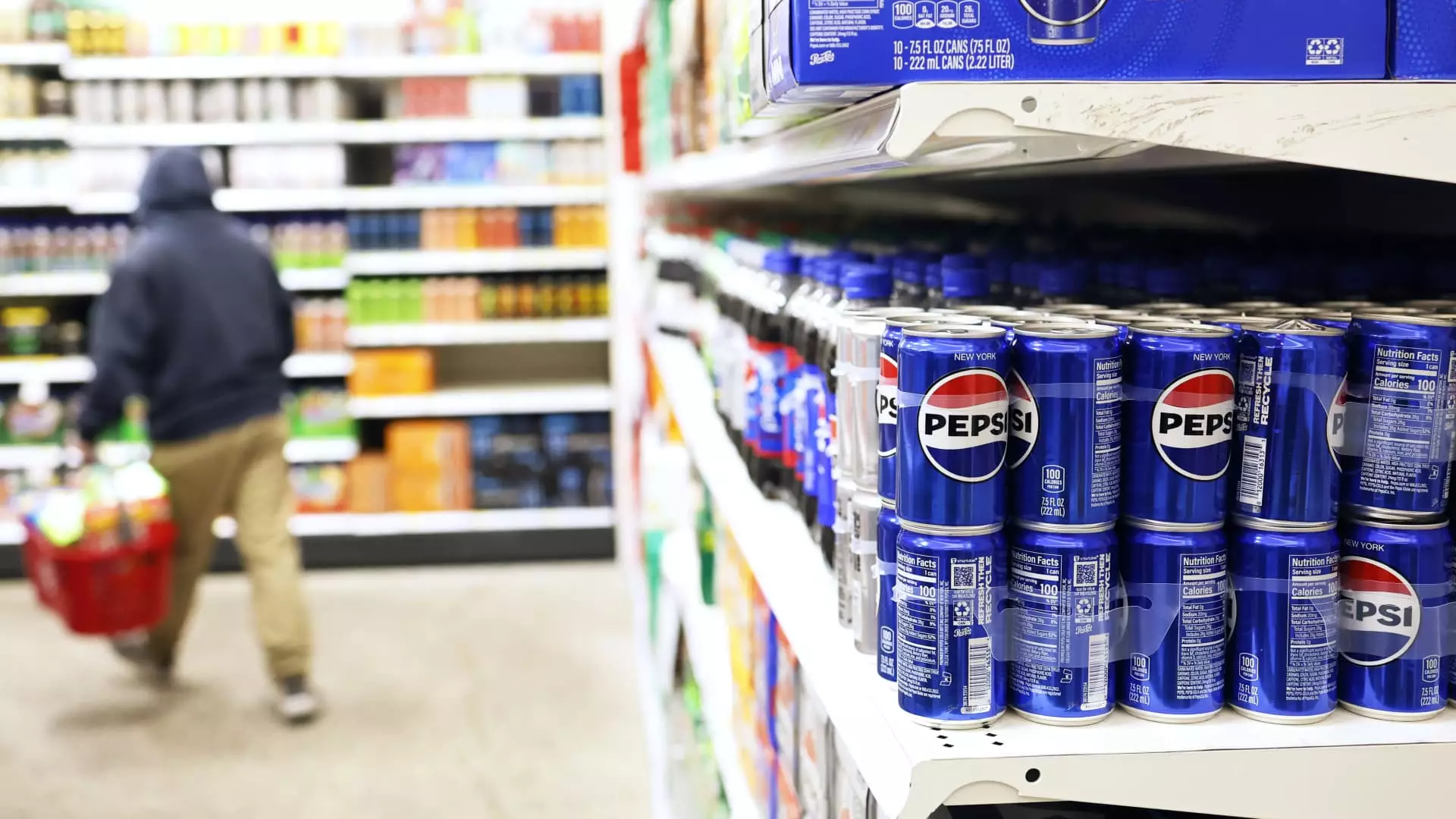In a significant move that could have extensive implications for corporate practices, the Federal Trade Commission (FTC) has initiated legal proceedings against PepsiCo, alleging violations of the Robinson-Patman Act through illegal price discrimination. The lawsuit, filed in the Southern District of New York, claims that PepsiCo provided more advantageous pricing structures to a specific retailer—widely reported to be Walmart—while disadvantaging its competitors. This case underscores the ongoing scrutiny federal regulators are applying to large corporations as they attempt to maintain market fairness and competition.
At the heart of the FTC’s complaint is the assertion that PepsiCo engaged in practices that allegedly favored Walmart over other retailers. The Robinson-Patman Act, which has governed anti-discriminatory pricing since 1936, aims to ensure that sellers do not provide preferential pricing or promotion allowances to one buyer over another for the same product. This legal framework is crucial in maintaining a level playing field in competitive markets. It is particularly significant now as the FTC asserts that Pepsi did not only extend promotional payments and advertising tools to Walmart but did so at the expense of competing sellers.
In response, PepsiCo has strongly rejected the allegations, arguing that its business practices align with industry standards. The company insists that it does not discriminate among its clients regarding discounts and promotional support. In a public statement, PepsiCo referred to the lawsuit as factually and legally flawed, expressing its commitment to vigorously contest the FTC’s claims in court. Such robust denial from a major corporation reflects both a legal and public relations strategy to preserve its market reputation and business relationships.
This lawsuit coincides with a broader resurgence of the FTC’s enforcement activities, particularly under the Biden administration, which has recently taken a more aggressive stance against perceived corporate misconduct. The resumption of rigorous actions under the Robinson-Patman Act marks a shift from its previous decline in enforcement during the deregulation era of the 1980s. The agency’s recent actions—including legal challenges against large corporations—signal a renewed commitment to tackle issues of market fairness.
As the case progresses, it holds the potential to redefine pricing strategies within the food and beverage sector. Should the FTC prevail, other companies might face increased scrutiny and may need to reevaluate their pricing and promotional strategies to ensure compliance with antitrust regulations. The outcome of this case will not only impact PepsiCo and Walmart but could also send ripples through the industry, affecting how retailers negotiate prices and terms with suppliers moving forward.
The FTC’s lawsuit against PepsiCo highlights the critical balance the government seeks to maintain in ensuring fair competition in the market. As the landscape changes, companies must navigate legal challenges and public expectations regarding fair business practices.


Leave a Reply